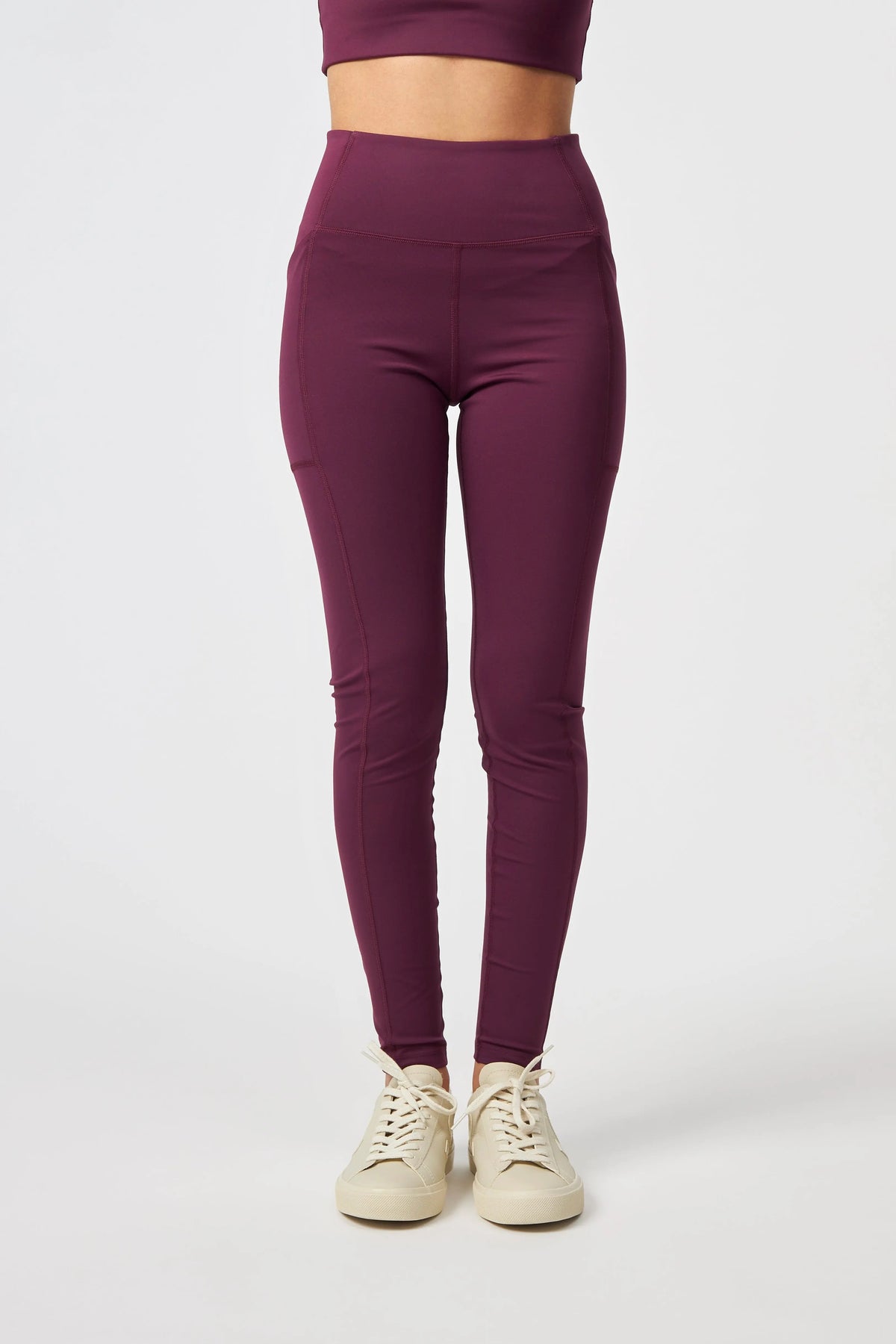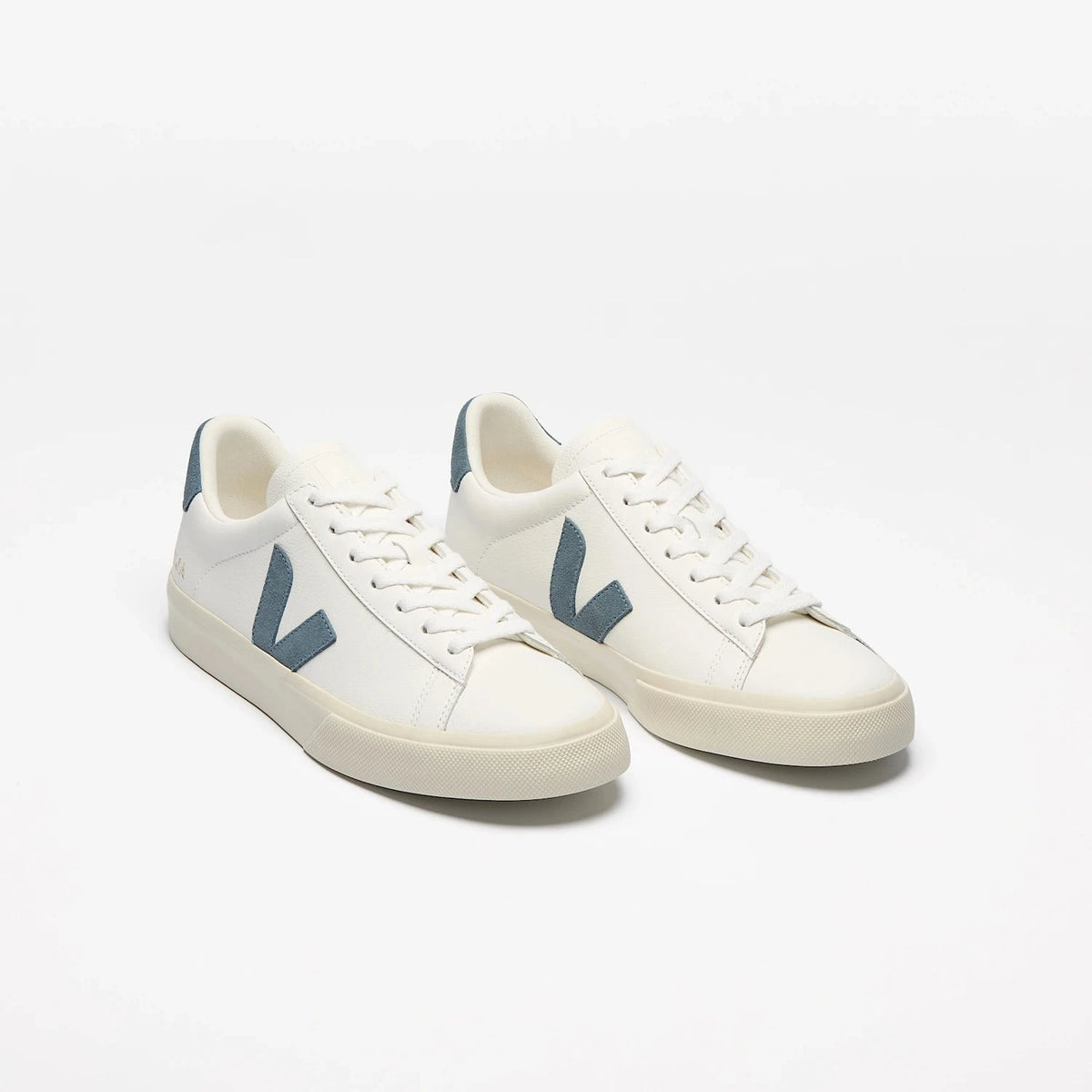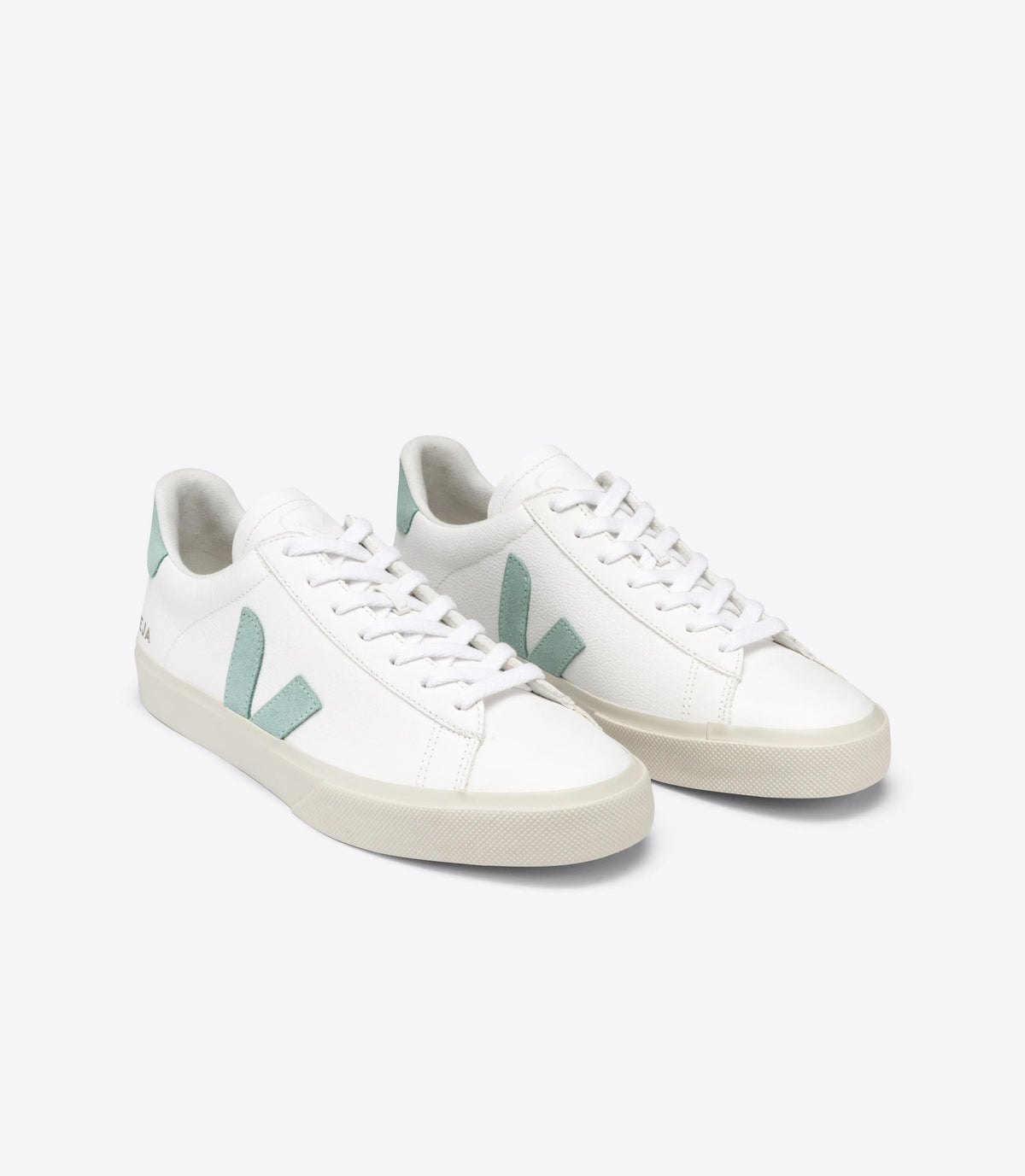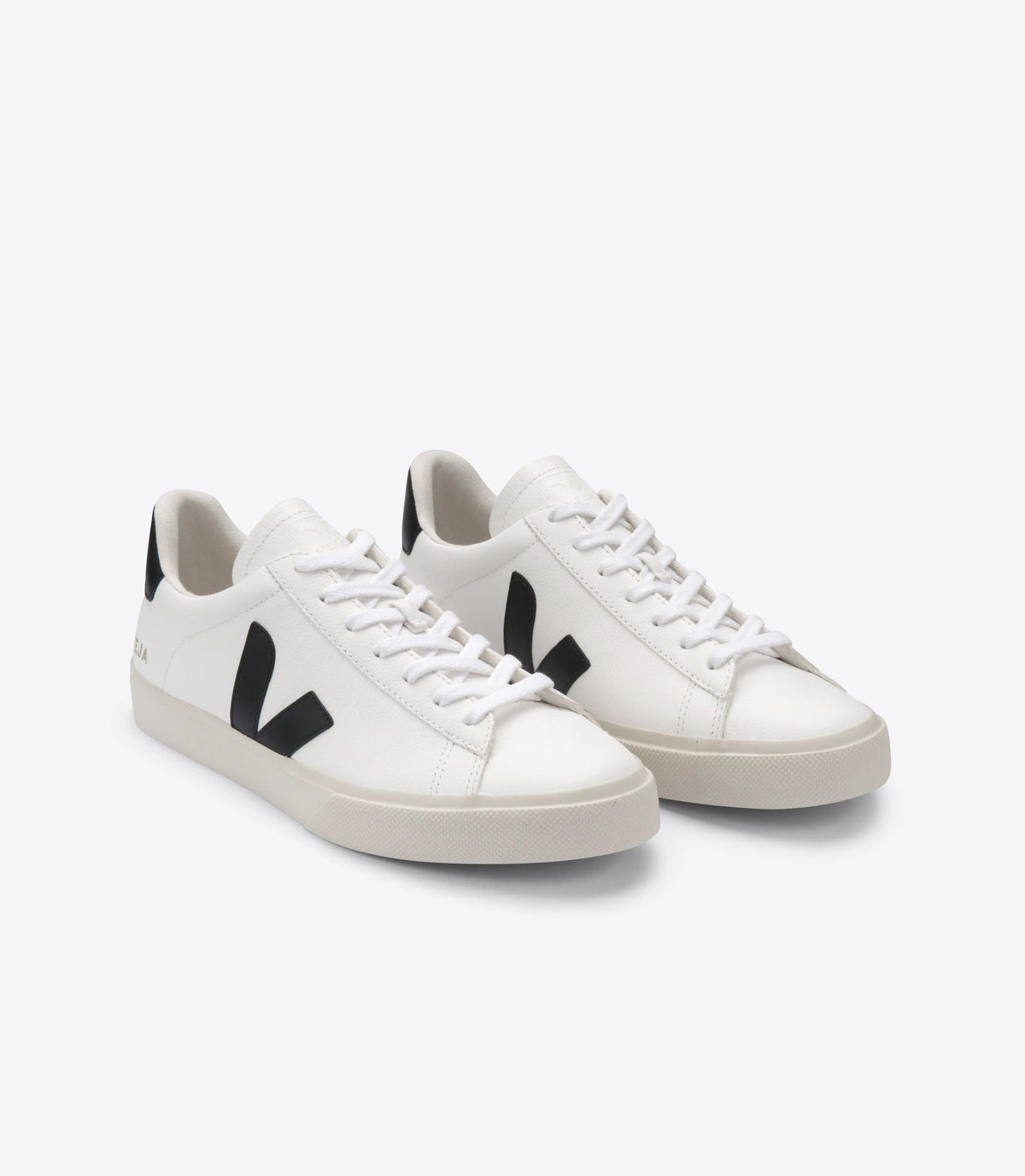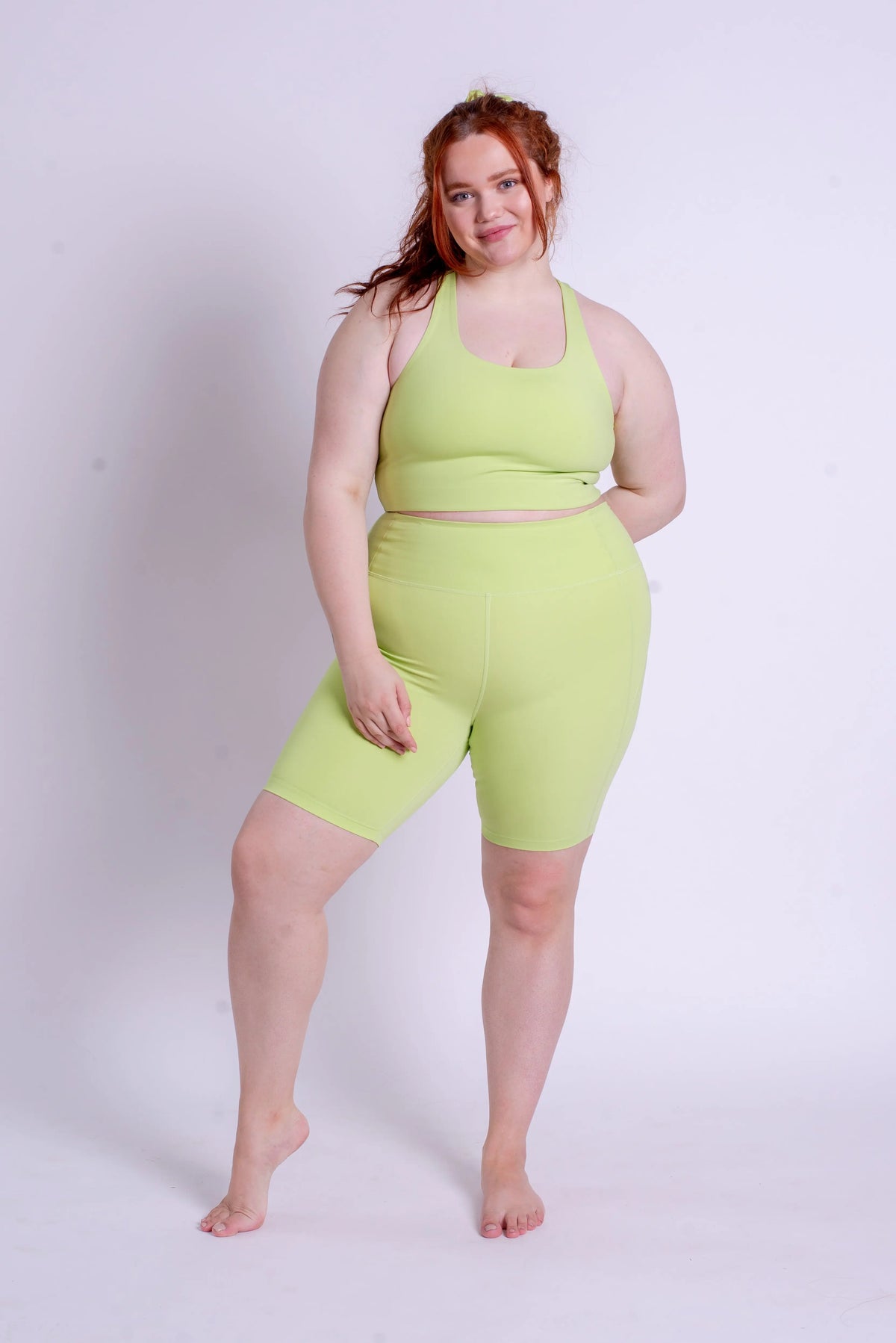Plain Knit - Unisex - Recycled Cotton & Recycled Polyester
Get 20% discount on everything with code: BLACKWEEK-20 - Valid until 1.12.2025
-
A few left in stock!
- Delivery time workdays.
Learn more
Couldn't load pickup availability
CLASSIC KNIT SHIRT MADE 100% RECYCLED MATERIALS
Light, classic knit is made from recycled cotton and recycled plastic bottles. This knit has a straight cut and normal-length hem. It has a crew neck. The hem, sleeves and neck opening are ribbed.
Farming the 24 billion kilograms of cotton consumed annually by the textile industry occupies 2.6% of the world’s area. This is an area the size of Turkey and it could feed 200 million people. Instead of virgin cotton, we use cutting waste generated by the textile industry. Compared to an equivalent product made from virgin materials, making a knit from recycled materials uses 99% less water and generates 50% fewer CO2emissions.
Details:
- Regular fit
- Responsibly made in India
- Material details: 60% Recycled Cotton / 40% Recycled Polyester
- Water & Carbon footprint: 1,7 liters of water and 1,5 kilograms of CO2
Weekendbee guarantee
When you purchase a product from Weekendbee, you can be sure the choice is better for our planet. We support sustainably produced high quality products so that you can buy less and better.
100% Recycled Materials
Responsibly made in India














